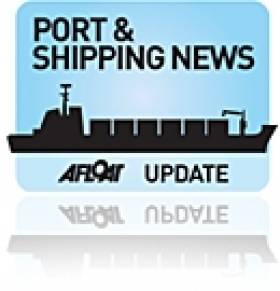Displaying items by tag: Hellespont Commander
Expanding Fleet at Ardmore Shipping
The newbuilds contracts are for a pair of 17,000 deadweight tonnes (dwt) chemical tankers which will be IMO II classified. The 144m twins have a beam of over 22m and a draft of 9m and they will be around 9,000 gross tonnes.
Both the newbuilds were ordered from the Hamburg-based Hellespont in 2009 and are the last in a series of eight tankers being built by the Sekwang Shipbuilding facility in South Korea. The newbuilds are expected to be delivered in April and July 2012.
In the second separate deal Ardmore Shipping has agreed to charter the Hellespont Commander and Hellespont Crusader (photo) which are also 17,000 dwt IMO II chemical tankers for a one year period with an option to extend the charter for a further year. The 2010 built vessels will enter the Navig8 Brizo-8 chemical tanker pool for trade and commodity chemicals.
Anthony Gurnee, CEO of Ardmore Shipping Ltd, commented: "We are very pleased to have taken on the contracts with Sekwang Shipbuilding for these two newbuild vessels, which will join our fleet next year, and with our charter agreement for the Hellespont Commander and the Hellespont Crusader."
The chartered vessels join the Ardmore Shipping which brings the fleet to six ships which include: Ardmore Centurion, Ardmore Seatrader, Ardmore Seamaster and Ardmore Seafarer.
When the two newbuild vessels enter service in 2012, Ardmore Shipping will still be in expansive mode as they have ordered two 51,000 dwt double hull IMO III chemical/product tankers for delivery in 2012 and 2013.





























































